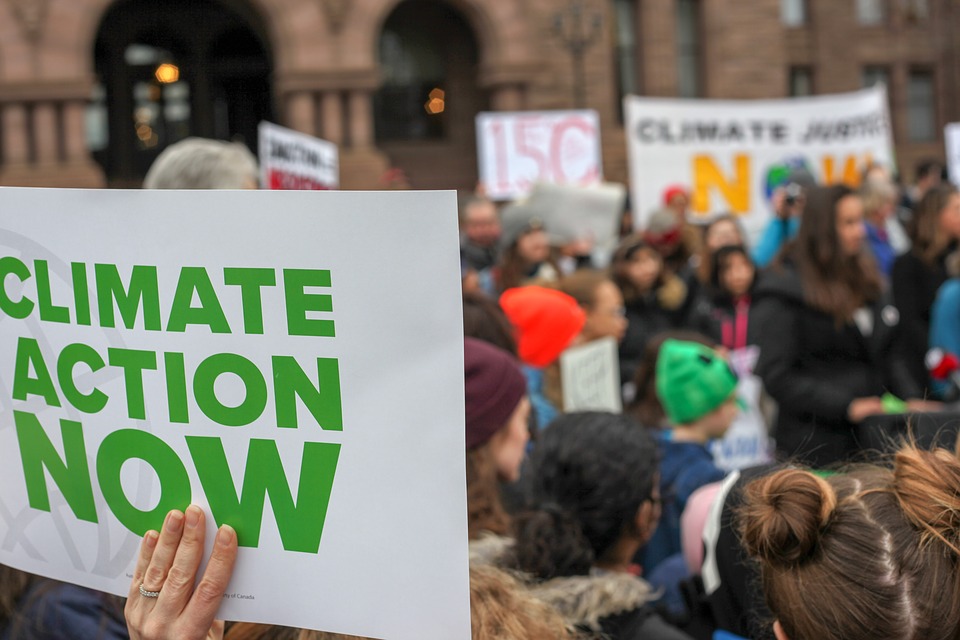The accelerating pace of climate change is undermining fundamental human rights, including the right to life, WMO Secretary-General Celeste Saulo told a high-level presidential discussion at the United Nations Human Rights Council.
Climate Change and Human Rights
Celeste Saulo emphasized the critical nature of the climate crisis during the panel discussion entitled “The link between climate change, food security, and health security, and their impacts on the enjoyment of human rights.” She stated, “The world celebrated when the UN Human Rights Council passed a landmark resolution in 2021 confirming that a healthy environment is a human right. It marked a watershed moment in the fight against the triple planetary crisis of climate change, nature and biodiversity loss, and pollution and waste. But the time for celebration has passed.”
The Defining Challenge
Describing the climate crisis as the defining challenge humanity faces, Saulo noted its intricate connection with the inequality crisis. She highlighted the cascading impacts on food security, population displacement, migration, health, energy, and water, which affect every Sustainable Development Goal (SDG).
Impact on Small Island Developing States and Human Rights
Sea level rise threatens the very existence of small island developing states. Heatwaves, floods, droughts, wildfires, and rapidly intensifying tropical cyclones undermine multiple human rights, as evidenced by recent extreme events.
Displacement and Food Insecurity
Weather and climate change impacts trigger new, prolonged, and secondary displacement, increasing the vulnerability of those already uprooted by conflict and violence. At the end of 2023, almost 3 in 4 forcibly displaced people lived in countries with high-to-extreme exposure to climate-related hazards, according to the UN High Commissioner for Refugees (UNHCR).
Food insecurity has significantly increased, with the number of acutely food insecure people worldwide more than doubling from 149 million before the COVID-19 pandemic to 333 million in 2023, according to the World Food Programme (WFP). In 2022, 9.2% of the global population, or 735.1 million people, were undernourished, exacerbated by protracted conflicts, economic downturns, and high food prices, alongside climate phenomena like El Niño and La Niña.
Health and Public Health Progress
Climate change is also sabotaging people's health and setting back public health progress. Saulo stressed, “This is not the future we want for our children. Our children have the right to live and thrive on a sustainable and healthy planet.”
Renewable Energy and Hope
Despite the grim scenario, Saulo expressed hope, pointing out that the transition to renewable energy could improve basic socio-economic rights and the right to development. Renewable energy sources are available almost everywhere, making energy access more equitable and fostering economic development. Currently, more than half of Africa's population lacks access to electricity, yet the continent possesses some of the world's greatest potential for solar power generation, which holds the key to alleviating poverty and supporting socio-economic development.
A Human Dimension
Saulo concluded by reaffirming the human dimension of climate action, stating, “We are motivated by the fact that our work has a human dimension. To save human lives and protect human rights.”











